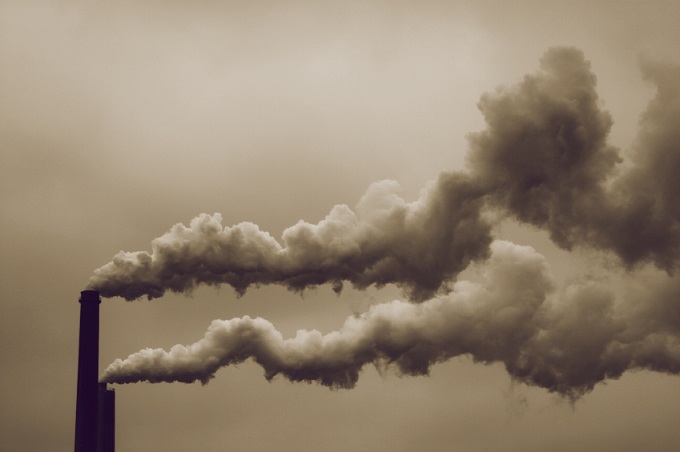
It’s what you can’t see that is causing all the fuss…
The US Environmental Protection Agency has formally proposed the first national limits on emissions of greenhouse gases, specifically carbon dioxide. The Carbon Pollution Standard, proposed on March 27, will apply to new fossil-fuel electric utility generating units (EGUs). Affected units include boilers, integrated gasification combined cycle (IGCC) units and combined cycle turbine units larger than 25 megawatts. “New” excludes existing units and permitted units that begin construction within the next 12 months. The standard also will not apply to new EGUs that do not burn fossil fuels (for example, facilities that use biomass as fuel).
The proposed standard limits carbon dioxide emissions to 1,000 pounds of carbon dioxide per megawatt-hour of power output. EPA believes that new natural gas fired power plants will be able to meet the standard without add-on emission controls, but coal or petroleum coke units would need to incorporate additional control technologies, such as carbon capture and storage. While the standard does not explicitly forbid the construction of new coal-fired plants, the prohibitive costs for these carbon control technologies will arguably result in a de facto ban on new coal-burning facilities.
Publication of the proposed rule in the Federal Register will initiate a 60-day public comment period. EPA also will announce dates for public hearings on the proposed rule. For more information and to review and comment on the proposed rule, visit the EPA’s Carbon Pollution Standard website.
The proposed Carbon Pollution Standard marks a first small step in what is likely to become a broad-based regulatory regime, as compliance options and technologies demonstrated for new fossil fuel electric utilities will be applied to modifications of existing power plants and then on to other industrial sectors. Is this a long-overdue action in light of climate change science, or an ill-timed regulatory overreach given current economic realities, particularly in the energy sector?
